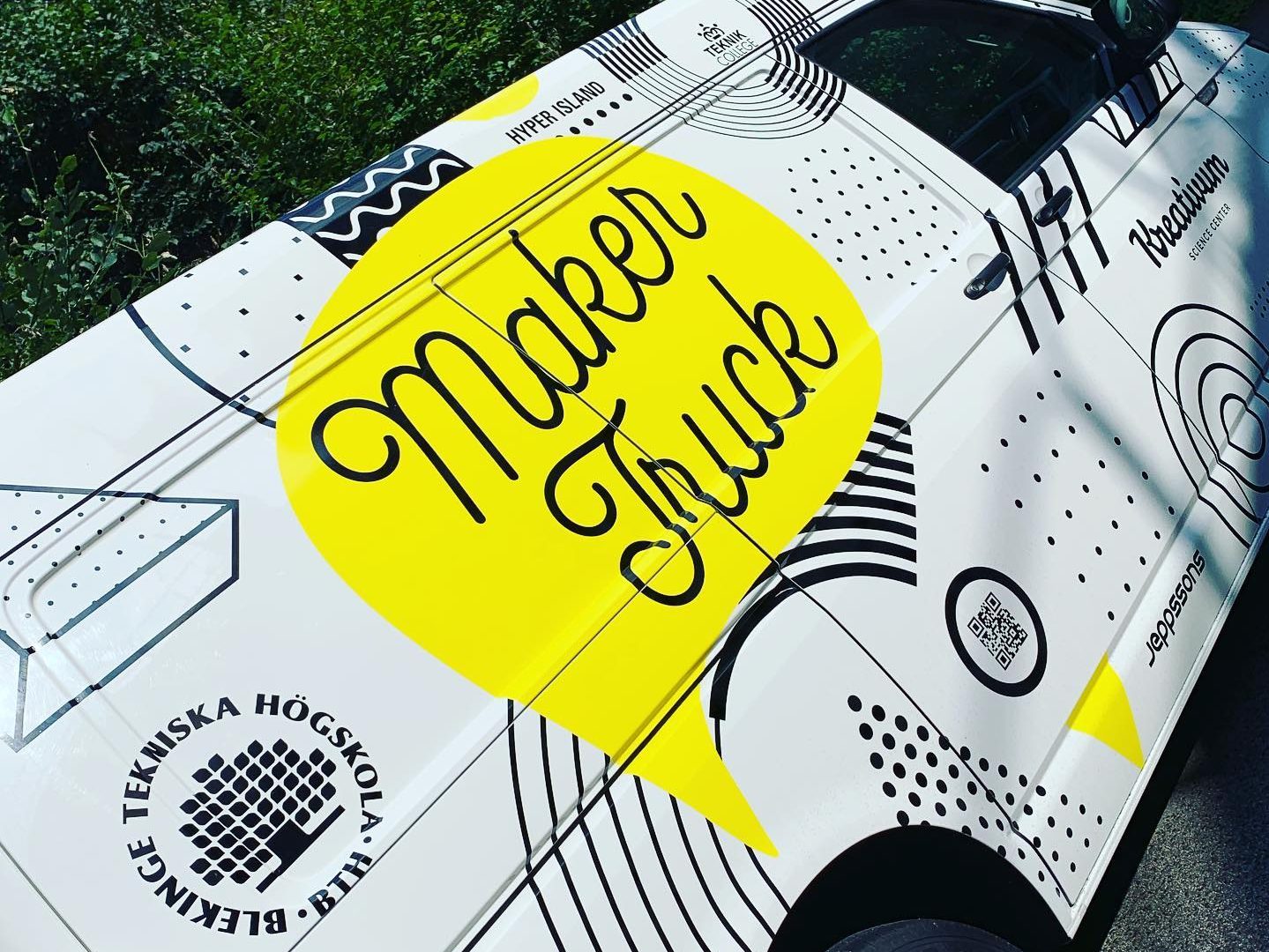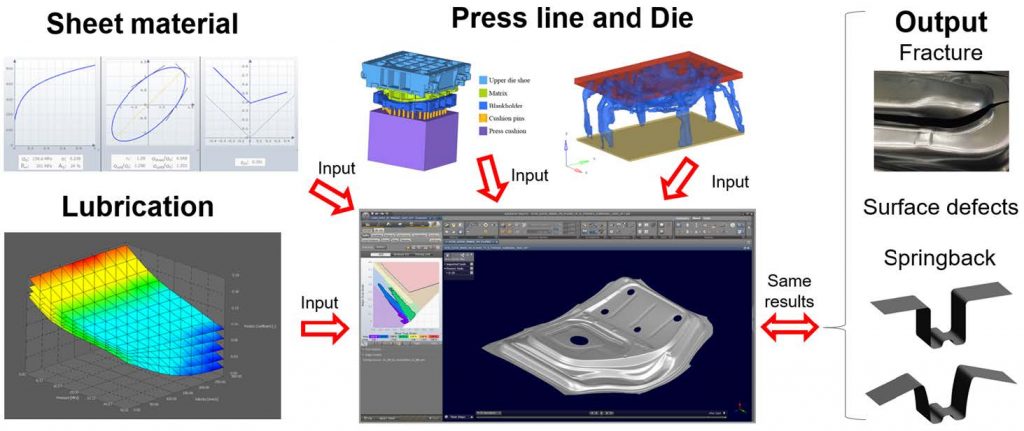2009-06: Division of Functional Product Development, in collaboration with Solid Mechanics, Material Mechanics, and Volvo Aero have been granted 4.4 MSEK over two years for “METOPIA – METhodology for OPtimization, Integration and Automatization”. The project intends to develop methodologies for analysis of whole engine concepts in aerospace applications using Systems Modelling and Simulation Driven Design and Product Development. One step on the road towards “greener” engine technologies.

NATIONAL AVIATION ENGINEERING PROGRAMME
The project is run within NFFP5 – National Aviation Engineering Research Programme, funded by VINNOVA.
For the aerospace industry a flexible jet engine model implies an increased ability for system level understanding. Increased capability to estimate, analyze and dimension jet engines from a mechanical whole engine perspective is crucial for larger investments in new motor programs. For the next motor programs it is important to make early estimates on a system level to allow for component optimization. By developing a generic method competitiveness can be enhanced and new motor technologies can be developed.
RESEARCH APPROACH
At LTU, PhD Marcus Sandberg will work operatively in the project with support from the following Professors: Tobias Larsson, Mats Oldenburg, Jan-Olov Aidanpää and Lars-Erik Lindgren who are members of the LTU strategy team for investments within this area. The visiting Professor Michael Kokkolaras from The University of Michigan, with great competence within simulation driven design, is also part of this team.
“- It’s great fun, and a good certificate that our research within the field start to bear fruit!” saysMarcus Sandberg.
“- It’s also nice to continue the competence development within the field and now we take a run to create new projects within other fields of application to match Volvo Aero’s and VINNOVA’s investment.” Marcus continues.
“- We have a strong competence within methods development and computer support for simulation driven design and together with a systems perspective and specific knowledge within material and solid mechanics we have an attractive research product to offer the aerospace industry. This competence also gives us the opportunity to participate in EC’s FP7 during the next year’s projects. One of the motivational factors is the environmental concerns that put pressure on developing new, and greener, engine technologies.” says Professor Tobias Larsson, head of Division of Functional Product Development.



